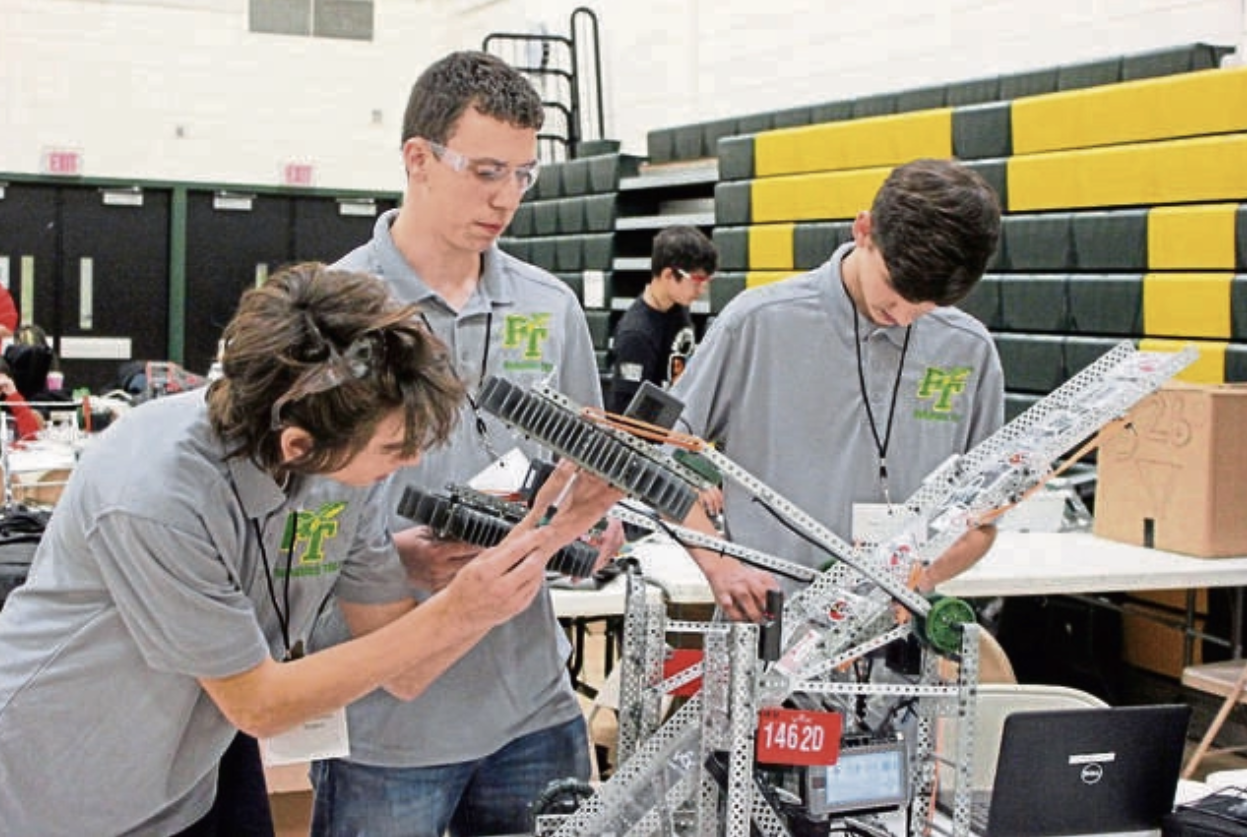
As with all sectors of society, the education world has been upended and we are all searching for ways to make sense of what is, what was and what will be.
The pandemic, the postponement of college board tests and the growing trend of test results becoming optional for college admissions presents a unique opportunity to reevaluate the entire college admissions process.
Members of the STEM Pathways for Underrepresented Students to Higher Education (PUSH) Network, a National Science Foundation INCLUDES Alliance, believe this is a critical time to address longstanding and inequitable college admissions practices and processes that have prevented Black and brown students in particular from accessing and thriving in STEM pathways.
We urge institutions of higher education to seriously address these questions:
What defines students’ abilities to be successful in college?
What sets of experiences best predict that success?
What are the characteristics of successful college students?
How are issues of race and equity addressed in the admissions process?
As part of the response there must be an emphasis on Out of School Time programs, including pre-college STEM programs. Pre-college STEM programs have long provided powerful learning experiences for thousands of students across the United States, from researching genomes to building robots to exploring river ecosystems.
Unfortunately, these programs have not been leveraged to support broadening participation of minority students who are underrepresented in STEM fields. The underuse of pre-college STEM programs extends to their untapped potential to contribute to more nuanced and equitable college admissions processes.
The STEM PUSH Network, which is supported by a diverse group of collaborators and thought partners, brings together pre-college STEM programs from across the country to work on strengthening programming for racially and ethnically underrepresented students, and on reinventing the relationship between pre-college STEM programs and higher education admissions toward more equitable pathways into undergraduate STEM fields.
The STEM PUSH Network believes that its findings will demonstrate the power of STEM experiences, like pre-college STEM programs. The network is working with STEM pre-college programs to both strengthen and better evaluate such programs, as well as connect to college admissions practices to better understand the value of such programming and test out ways to systematically communicate students’ STEM competencies to admissions. This data will both strengthen and measure the effect that participation in pre-college STEM programs is having on high school students, while working to give those programs currency in the college admissions process. Pre-college STEM programs across the country have data supporting the positive impact of their work on young people’s STEM knowledge, skills and dispositions. We can also listen to the powerful narratives from students who have participated in pre-college STEM programs.
Consider this story: Terrell Galloway of Pittsburgh finished his eighth-grade year unsure of anything other than he wanted to spend his summer with friends and did not want to do more school. However, Galloway relented to his mother’s desire for him to enter INVESTING NOW, a pre-college STEM program at the University of Pittsburgh. He then spent his high school summers learning about robotics and computational fluid dynamics, and realizing that there really is such a thing as a “Black engineer.”
His high school pre-college STEM experiences helped him land summer internships, including one on a naval submarine. Four years later, he was a year away from graduating with a degree in mechanical engineering and evaluating where he would like to work when he graduates in spring 2021.
He and a group of friends he met in his pre-college STEM program formed a mentoring organization, Future Kings, for other young men of color from his hometown, helping advise them about college and career choices.
Galloway said his experience with his pre-college STEM program changed the trajectory of his entire life and opened up options he never knew existed. “As a ninth-grader in high school, I had never seen a Black engineer. I did not even know they existed, but it was really hard for me to think that was obtainable for myself since I had never seen it.”
Galloway is not alone. There are thousands of minority students across the country who have had meaningful pre-college STEM program experiences, and yet the knowledge and skills they have acquired through their work with pre-college STEM programs and their tangible accomplishments are undervalued in the college admissions process.
It is time to change that.

